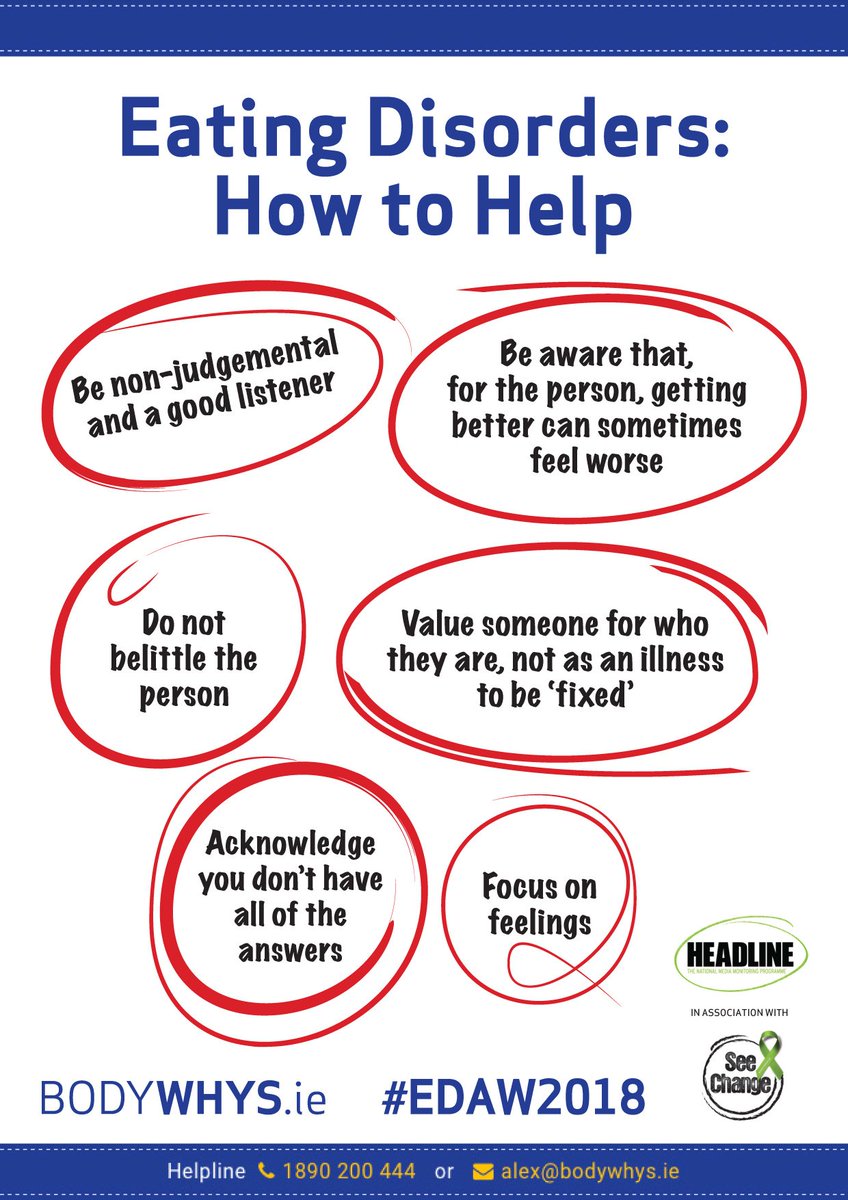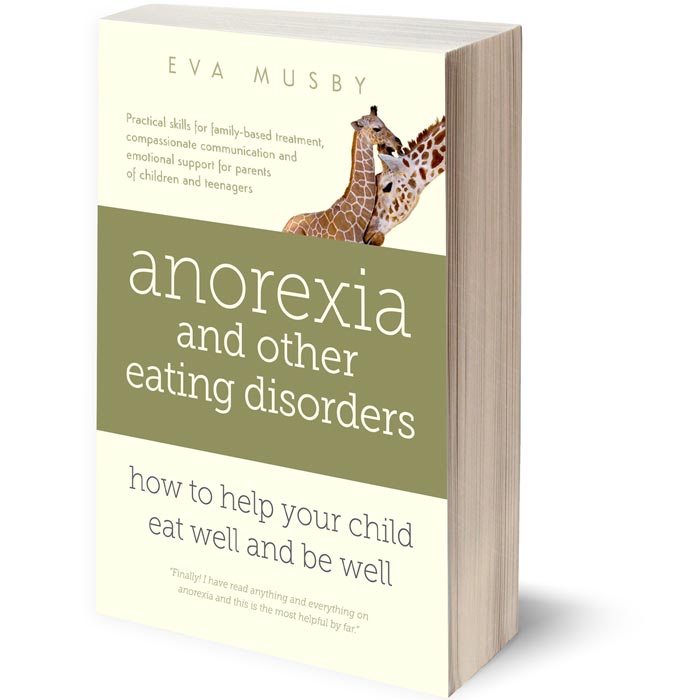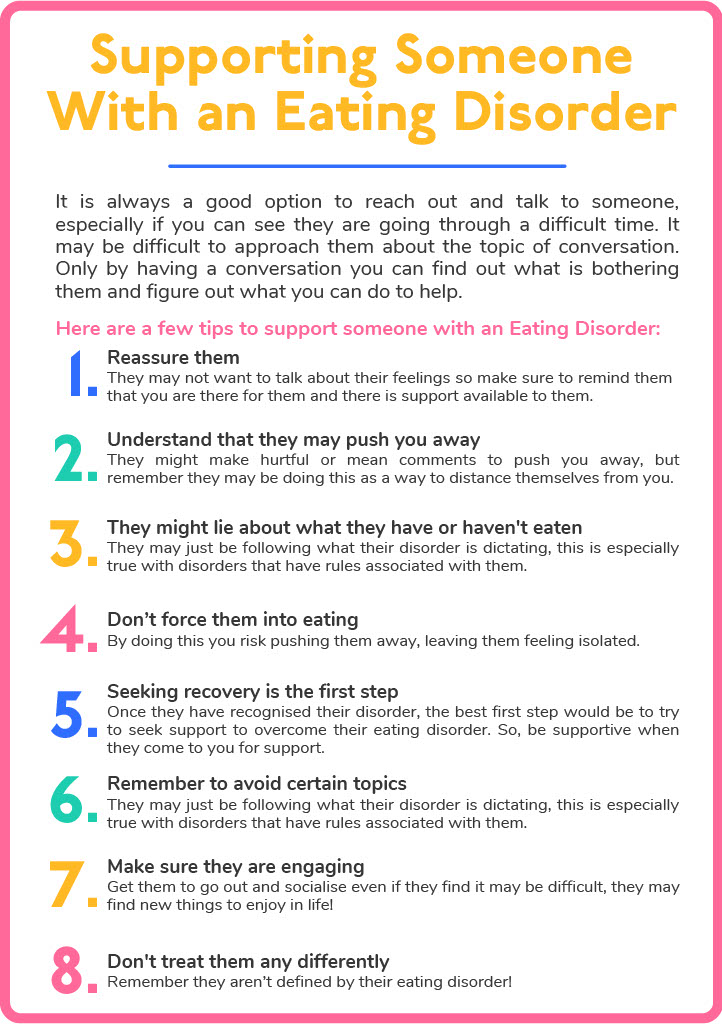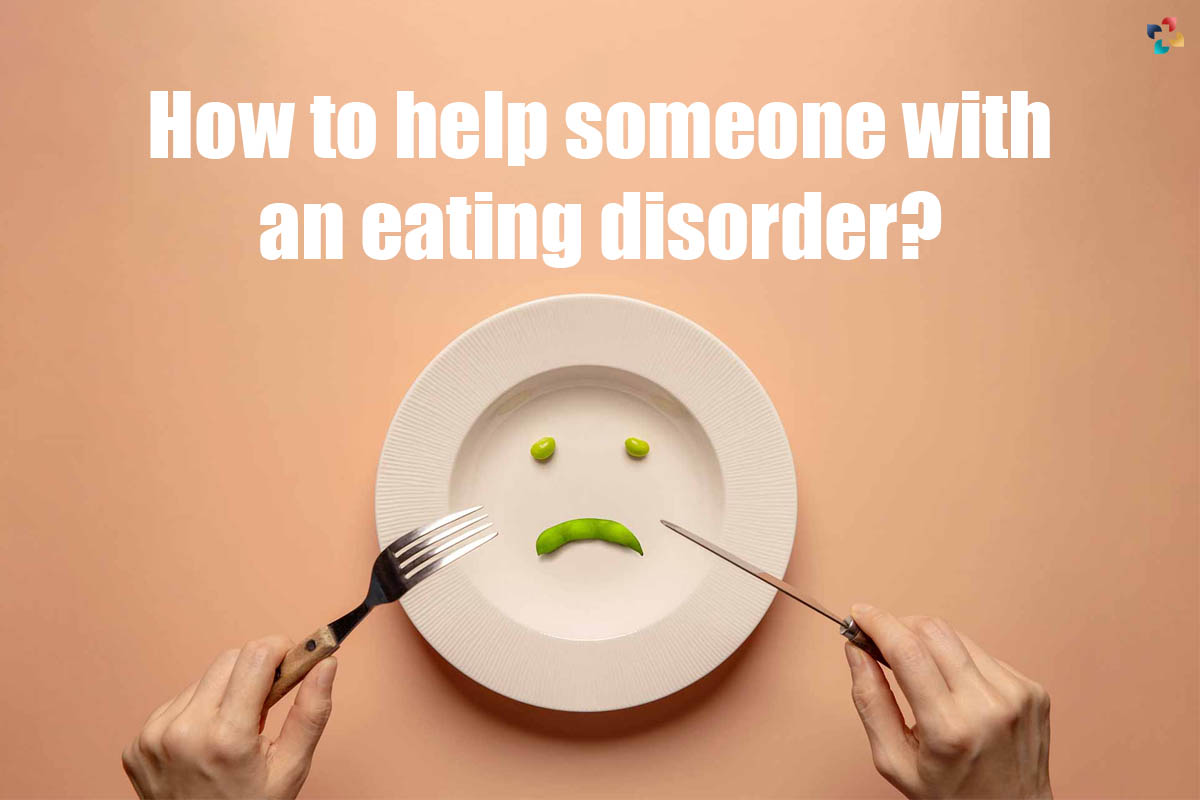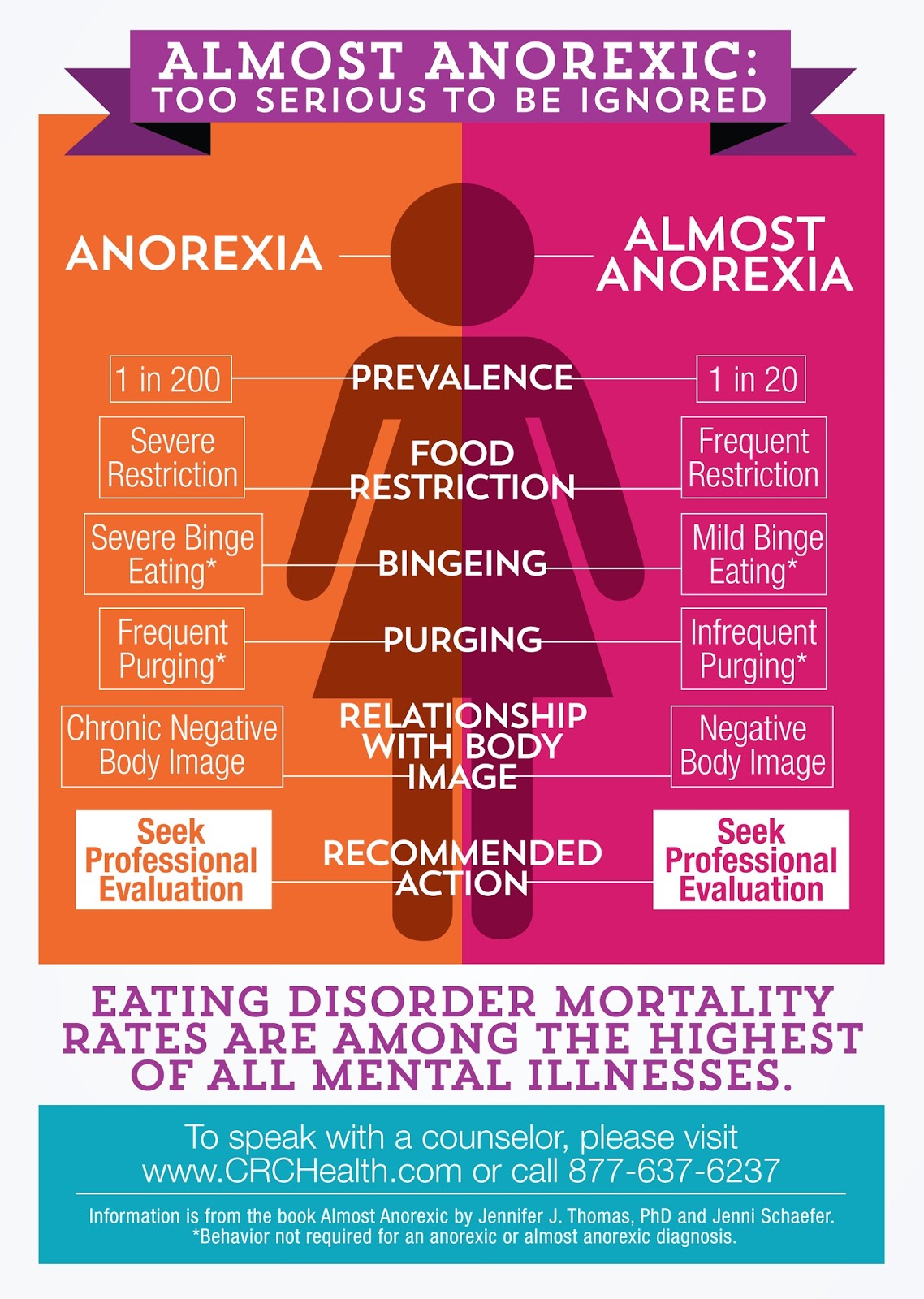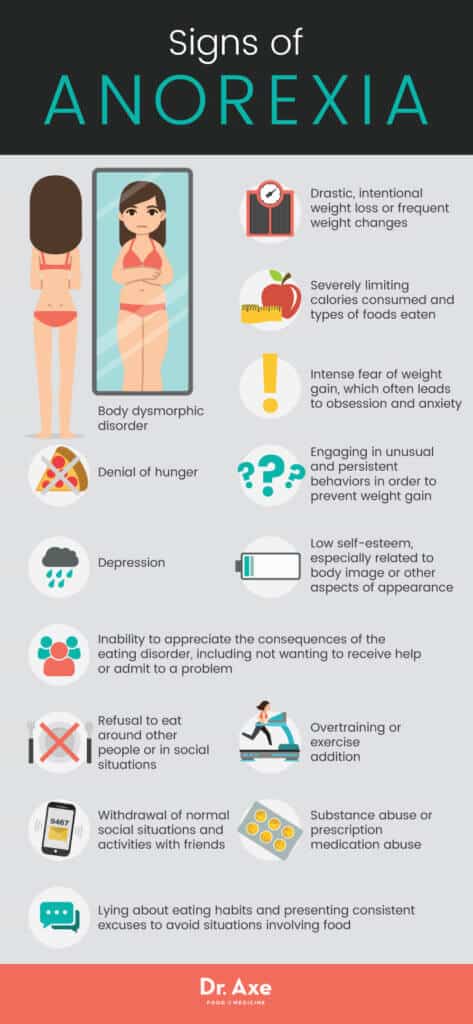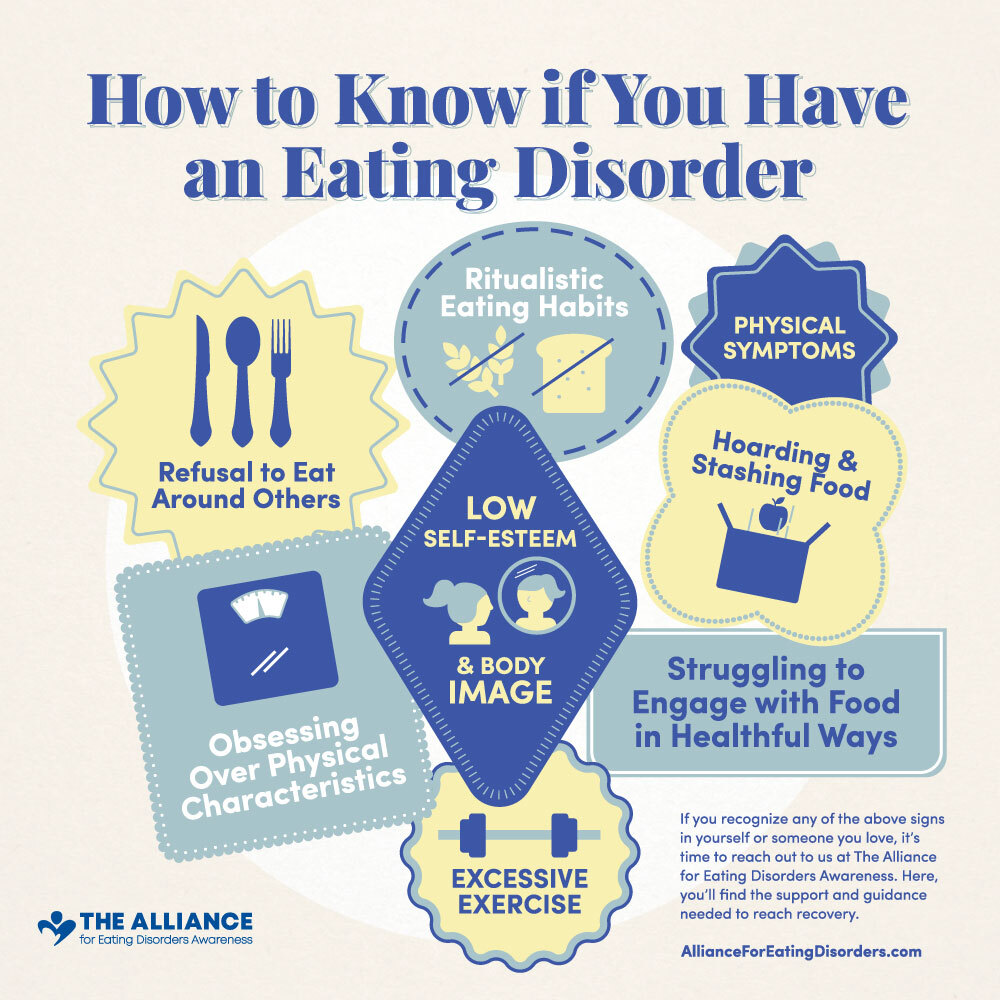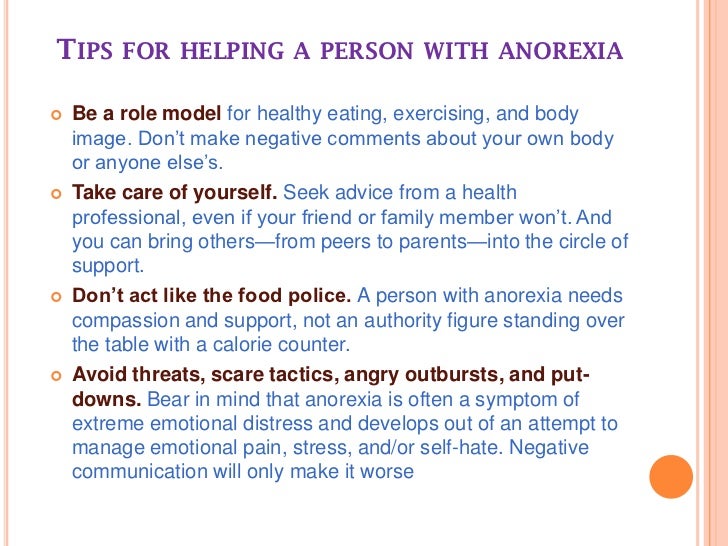How To Encourage Someone With Anorexia To Eat
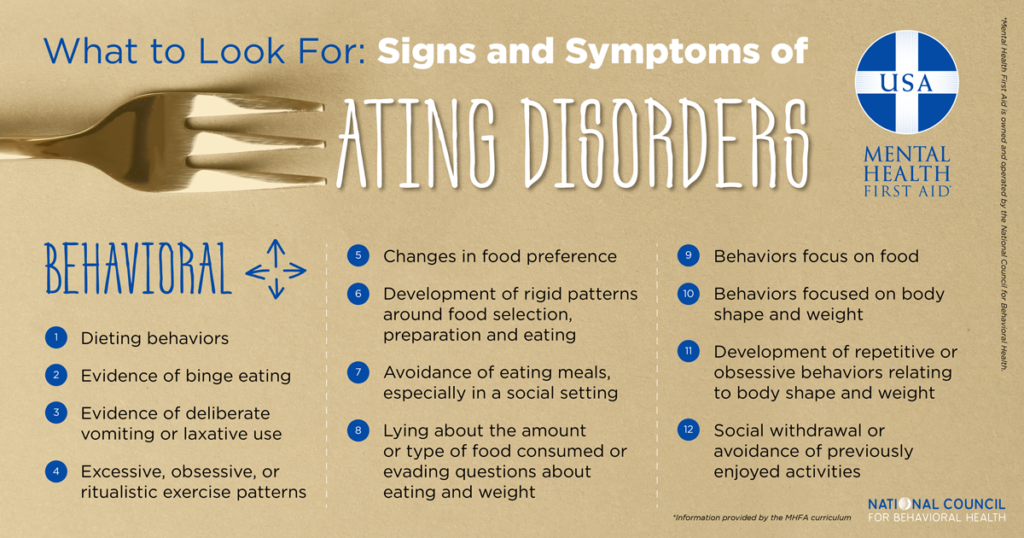
Navigating the complexities of supporting someone with anorexia nervosa can feel overwhelming. The disorder, characterized by restrictive eating, a fear of gaining weight, and a distorted body image, requires a delicate and multifaceted approach. Understanding effective strategies for encouraging eating is crucial, while acknowledging the potential for harm if approached insensitively.
This article aims to provide evidence-based guidance on how to support a loved one struggling with anorexia, emphasizing the importance of professional help and a compassionate approach. It is crucial to remember that forcing someone to eat can be counterproductive and potentially dangerous, both physically and emotionally.
Understanding the Challenges
Anorexia is a serious mental illness with complex underlying causes. It's not simply about vanity or a desire to be thin. Genetic predisposition, psychological factors, and social pressures all play a role, according to the National Eating Disorders Association (NEDA).
Individuals with anorexia often experience intense anxiety around food and weight. They may also struggle with feelings of control, perfectionism, and low self-esteem. These factors contribute to the difficulty in addressing the eating disorder and encouraging healthier eating habits.
Seeking Professional Help
The first and most crucial step is seeking professional help from a qualified team. This team typically includes a medical doctor, a therapist specializing in eating disorders, and a registered dietitian. A comprehensive treatment plan addresses both the physical and psychological aspects of the illness.
NEDA offers resources and support for finding qualified professionals. Early intervention significantly improves the chances of recovery. The sooner professional help is sought, the better the outcome is likely to be.
Creating a Supportive Environment
Creating a calm and supportive environment during mealtimes can be beneficial. Avoid pressure or judgment, and focus on creating a pleasant atmosphere. Engage in conversation unrelated to food or weight.
Model healthy eating habits yourself. This can involve eating regular meals and snacks, and demonstrating a positive relationship with food. Avoid dieting or making negative comments about your own body or weight.
Focusing on Health, Not Weight
Shift the focus from weight to overall health and well-being. Discuss the importance of nutrition for energy, mood, and physical health. Highlight the benefits of nourishing the body, such as improved sleep, concentration, and physical activity levels.
Avoid commenting on their appearance or weight, whether positive or negative. Instead, focus on their strengths and accomplishments outside of their body image. This helps to build self-esteem and reduce the focus on weight.
Using Gentle Encouragement
Encourage small, manageable steps towards eating. Offer a variety of nutrient-dense foods and allow them to choose what they feel comfortable eating. Don't force them to eat more than they are able to handle.
Use positive reinforcement and praise their efforts, even if they seem small. Acknowledge their courage in facing their fears and challenges. Celebrate their progress, no matter how gradual.
Being Patient and Understanding
Recovery from anorexia is a long and challenging process with setbacks along the way. Be patient and understanding, and avoid becoming discouraged. Continue to offer support and encouragement, even when it feels difficult.
Remember that it's not your responsibility to "fix" them. Your role is to provide support and encouragement while they work with their treatment team. Taking care of your own well-being is also essential.
Avoiding Triggering Behaviors
Be mindful of language and behaviors that could be triggering. Avoid discussing weight loss, dieting, or calorie counting. Be aware of the media they consume and whether it promotes unrealistic body ideals.
Eating disorders are highly stigmatized, so create a safe space for open and honest communication. Encourage them to express their feelings and concerns without judgment. Active listening is crucial.
The Importance of Self-Care
Supporting someone with anorexia can be emotionally draining. Prioritize your own self-care to avoid burnout. Seek support from friends, family, or a therapist.
Joining a support group for families of individuals with eating disorders can provide valuable resources and emotional support. NEDA and other organizations offer these types of support groups.
Key Takeaways:
Supporting someone with anorexia requires patience, understanding, and a commitment to professional help. By focusing on health, creating a supportive environment, and using gentle encouragement, you can play a vital role in their journey to recovery. Remember that self-care is crucial for both you and your loved one.

